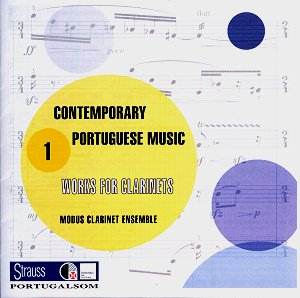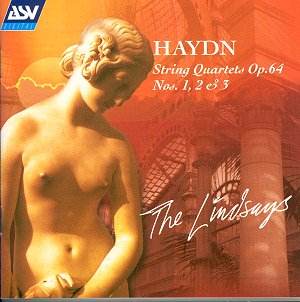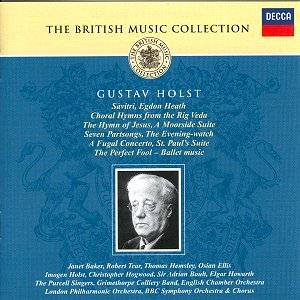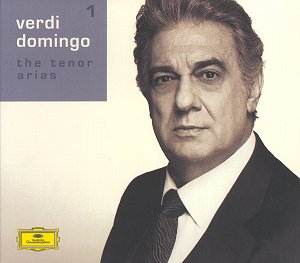 Composer: Carlos Marecos, Sergio Azevedo, Antonio Sousa Dias, Paulo Brandão, Jorge Pereira, Luis Machado Pinto
Composer: Carlos Marecos, Sergio Azevedo, Antonio Sousa Dias, Paulo Brandão, Jorge Pereira, Luis Machado Pinto
Works: Aguas Neves (1996), Monumentum pro Gora Kalwaria (1991), Uma Sombra Tambem (1999), Colibri (1989), Agio (1999), Vingt-sept Cristaux Pour Nelson (1999), Monodrama (1995), Transparencias (1993)
Performers: Sergio Oliveira (clarinet), Paulo Gaspar (clarinet), Nelson Caetano (clarinet), Orquestra de Clarinetes
Recording: Rec PBStudio, Brejos de Azeitao, Portugal, July 19-23, 1999
Label: Strauss SP 4338
Contemporary Portuguese clarinet music occupies a unique niche within the broader spectrum of European composition, often eclipsed by the more prominent styles emerging from neighboring countries. This release, featuring an assemblage of works from various contemporary Portuguese composers, serves not only as an introduction to these artists but also as a reflection of the evolving landscape of Portuguese music in the latter part of the 20th century. The composers represented here, many of whom are products of the Escola Superior de Música de Lisboa, showcase a collective aesthetic that leans toward introspection and timbral exploration, primarily through the clarinet.
The performance by the Ensemble Clarinet Modus captures the essential qualities of these pieces, primarily the clarity and fluidity required to navigate the often meandering melodic lines prevalent in the music. Marecos’s “Aguas Neves” opens the disc with an intriguing blend of lyrical expressiveness and minimalist rhythmic structures, laying a foundation that resonates throughout the subsequent works. The ensemble’s interpretation of Azevedo’s “Monumentum pro Gora Kalwaria” is particularly notable for its dynamic contrasts, which evoke a sense of narrative progression that is both compelling and contemplative. The performers exhibit a commendable precision, deftly executing the intricate passages while maintaining an emotional undercurrent that drives the music forward.
However, the recording quality presents a mixed picture. While the clarity of the individual clarinets is commendable, the electronic treatments woven into the fabric of these compositions sometimes muddy the overall sound. In pieces like “Uma Sombra Tambem” by Sousa Dias, the interplay between acoustic and electronic elements can be challenging to discern, leading to moments where the intended subtleties of the score are lost. The engineering choices made during the recording sessions could benefit from greater attention to balance, ensuring that the electronic components enhance rather than obscure the acoustic clarity of the clarinets.
Documentation accompanying the disc falls short of expectations, particularly in the English translations, which fail to convey the full depth of the composers’ intentions and the historical context of the works. This lack of clarity in the liner notes diminishes the listening experience, as understanding the cultural and musical milieu from which these pieces emerge is crucial for a deeper appreciation of their nuances.
The overall impression left by this collection is that while it undoubtedly showcases a burgeoning scene of Portuguese composers, the material lacks the thematic variety and structural inventiveness that might elevate it to a more engaging listening experience. As a first installment in a series aimed at promoting Portuguese contemporary music, it serves its purpose but highlights the need for more robust works and thoughtful curation in future projects. The exploratory spirit of these compositions is commendable, yet the potential for greater artistic impact remains unfulfilled.



